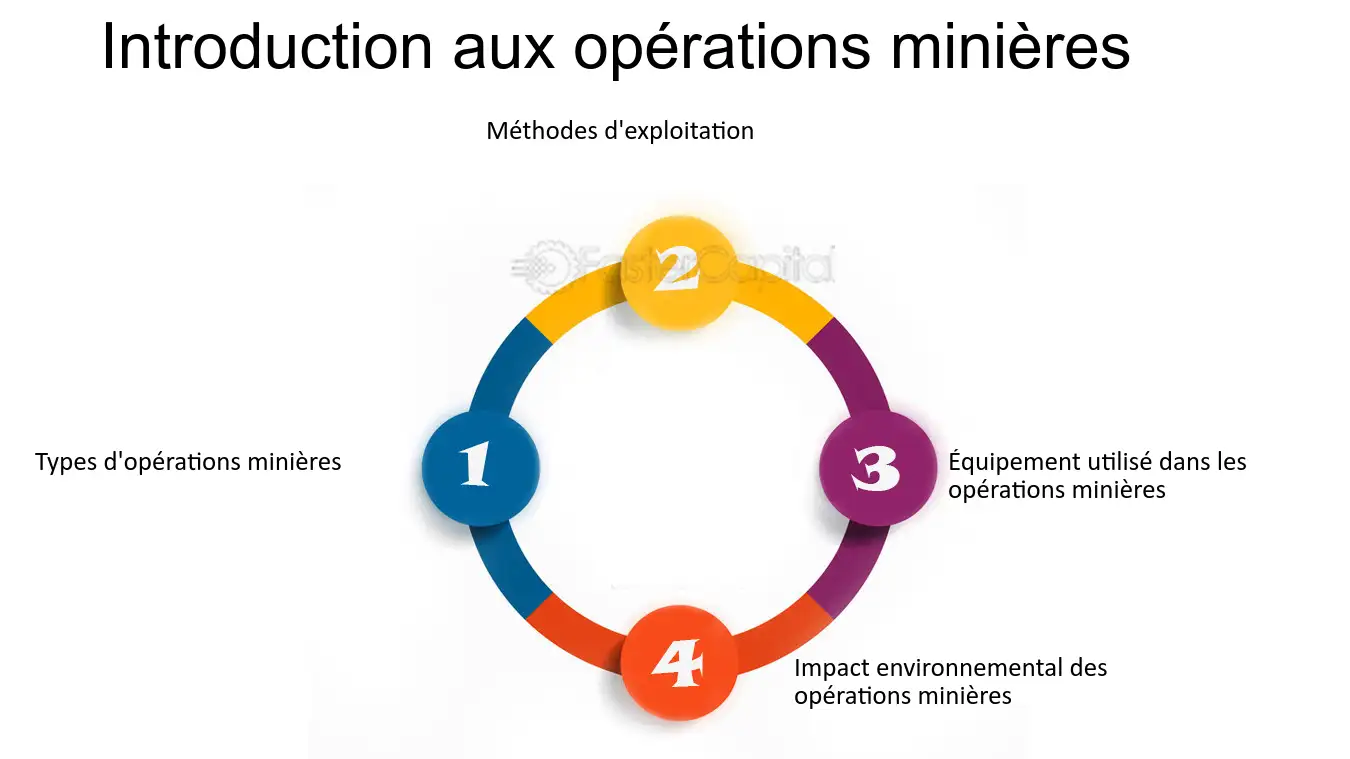The digital revolution is underway, infusing a wind of change into the world of mining. Industry 4.0 technologies are emerging as essential catalysts that are radically transforming mining operations, making processes more efficient, secure, and sustainable. Through automation, the use of digital twins, and advanced tracking systems, these technologies are reshaping how mining companies operate. Connected mines allow for real-time monitoring of operations, thereby optimizing resource management and ensuring enhanced safety for workers.
By integrating IoT solutions and big data technologies, industry players are becoming capable of predicting equipment failures, improving productivity, and reducing operational costs. Additionally, this digital transition helps mitigate the environmental impact of mining activities. The new working methods emerging from Industry 4.0 provide a conducive framework to revolutionize the sector, combining innovation and responsibility. The rise of these technologies not only represents a technical advancement but also a real opportunity to redefine the economic model of mining.

The transition to Industry 4.0 represents a true revolution for the mining sector. In recent years, emerging technologies have begun to transform how operations are conducted, thereby increasing efficiency, safety, and sustainability. According to a recent study, 70% of mining companies believe that adopting these technologies is essential for their future growth. In this context, it is crucial to explore how these innovations are redefining industry practices.
Table des matières
ToggleKey Technologies of Industry 4.0 in the Mining Sector
Within the framework of Industry 4.0, several key technologies influence mining operations. Among them, automation, digital twins, and IoT sensors play a crucial role. Automation allows for remote operation of heavy equipment, thus reducing the risk of on-site accidents. For example, companies like Rio Tinto have already integrated autonomous trucks for ore transport, enabling 24/7 operation without human fatigue.
Digital twins are another promising innovation. These virtual models replicate physical installations, offering real-time simulation and optimization solutions. For example, a case study by consultancy firm Youssef Daafi revealed that implementing digital twins has helped eliminate up to 15% of operational interruptions. By integrating IoT sensors, companies can monitor equipment conditions and anticipate failures, thereby minimizing downtime and associated costs.
Impact of Industry 4.0 on Productivity and Safety
The adoption of Industry 4.0 technologies has significant repercussions on productivity and safety. By enabling real-time decision-making from collected data, mining companies can agilely adjust their operations. Studies show that companies utilizing these technologies observed productivity increases of up to 30%. This improvement is often linked to better resource management and reduced human errors.
Regarding safety, integrating digital technologies promotes a safer work environment. Connected monitoring systems, such as drones, allow for inspecting hard-to-reach sites and detecting anomalies without exposing workers to risks. A report from the Worldsensing organization indicates that using drones in the mining sector has reduced the number of accidents by 22% at certain mine sites.
Moreover, training via augmented reality applications can prepare workers for risk scenarios, thereby enhancing their safety within operations. The use of connected glasses for miner training can reduce training time by 50% while improving the effectiveness of their learning.
Strategies for Adopting Industry 4.0 in Mining Operations
Implementing Industry 4.0 technologies requires strategic preparation. Companies must first establish an action plan. A study from the Northeast suggests starting with an assessment of existing systems to identify areas for improvement. By conducting cost-benefit analyses on the integration of new technologies, companies can better understand long-term benefits.
Next, investing in employee training is crucial. Technologies require a shift in mindset, and ensuring that workers have the necessary skills is essential. For example, ongoing training programs can be implemented to familiarize employees with new technologies. Companies can also benefit from partnerships with academic institutions to develop specific training.
Finally, collaboration is a key driver of success in this transformation. Companies should work with tech startups and research centers to access the most advanced technologies. Initiatives like those observed during the Industry 4.0 in Australia demonstrate that cross-sector collaboration can propel significant advances in the field.

FAQ on Industry 4.0 Technologies in Mining Operations
What are the main Industry 4.0 technologies integrated into mining operations? Technologies such as automation, digital twins, and GPS systems play a key role in transforming mining operations.
How does Industry 4.0 improve worker safety in the mining sector? By implementing digital technologies, the industry can ensure a safer work environment through continuous monitoring and real-time risk management.
What is the concept of digital twins and how is it used in the mining industry? Digital twins are digital replicas of physical operations. They are used to simulate and optimize mining processes, thereby improving efficiency and safety.
Why is it crucial for the mining sector to adopt Industry 4.0? Adopting Industry 4.0 is essential to address growing challenges such as sustainability, cost reduction, and workforce optimization.
What advantages does automation bring to mining processes? Automation helps reduce human errors, improve operational efficiency, and minimize production costs.
How can mining benefit from workforce tracking technologies? Workforce tracking technologies facilitate better human resource management, ensuring that everyone is utilized efficiently and safely.
What impact does the use of Industry 4.0 have on sustainability in the mining sector? Industry 4.0 provides solutions to reduce the environmental impact of mining through more efficient resource and waste management.





